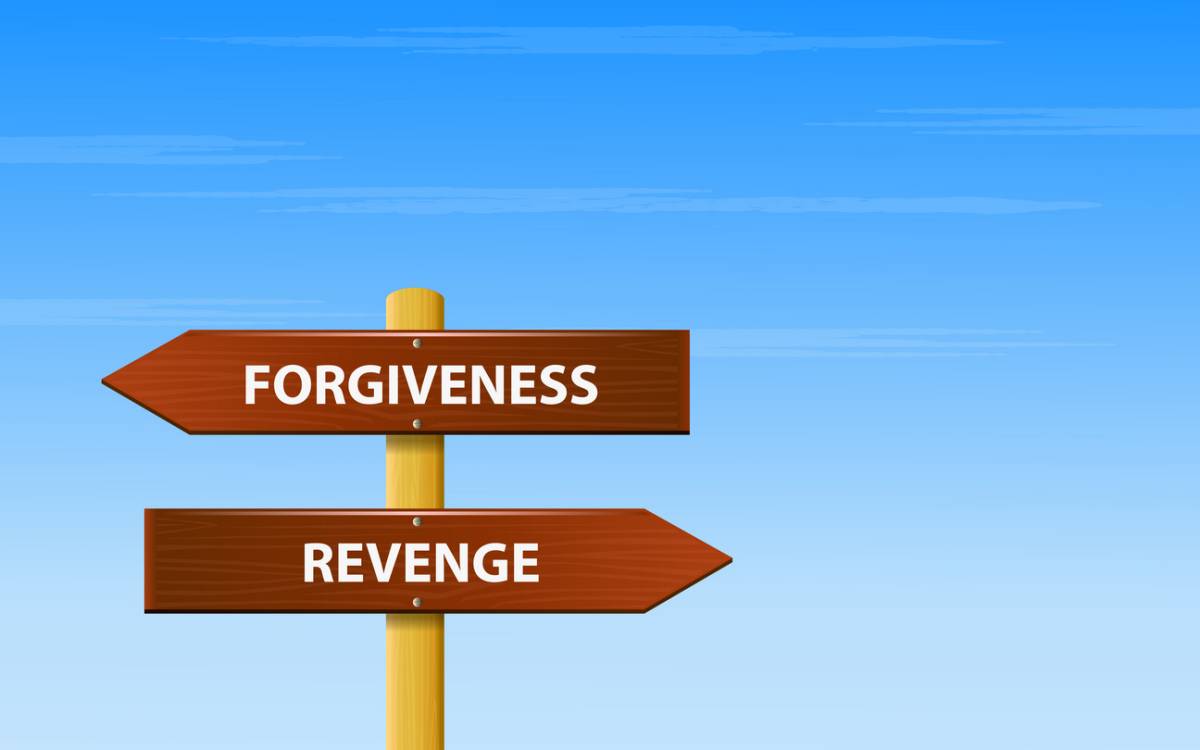Honestly, these days, outrage, accusation, condemnation, and finger-pointing are the norm in our society. Maybe it has always been so, but it is ever so much more pervasive and in your face in this era of 24/7 news media coverage and the endless forms of social media. As Christians, though, we have another media, another message to listen to, to take our life lessons from, to guide us on paths that are more certain, more true, more life-giving than those the world of social media and news has to offer us. And it begins with the recognition that we are all sinners in need of God’s great mercy.

Our faith is centered on the truth, the goodness, and the beauty of God’s infinite love and mercy, on the fact that God so loved us, despite our rebellion, our sinfulness, that “he gave his only Son, so that everyone who believes in him might not perish but might have eternal life. For God did not send his Son into the world to condemn the world, but that the world might be saved through him” (Jn 3:16-17). And in these next words, he sharpens the focus of his intent even more, “I have not come to call the righteous to repent but sinners” (Lk. 5:32). We, each one of us, is that sinner that Jesus came to call to repentance, personally.
Now hear the words of the Apostle, John, inspired by the Holy Spirit: “If we say, “We are without sin,” we deceive ourselves, and the truth is not in us. If we acknowledge our sins, he is faithful and just and will forgive our sins and cleanse us from every wrongdoing. If we say, “We have not sinned,” we make him a liar, and his word is not in us” (1Jn.1:8). And listen again to Jesus’ words in Matthew’s Gospel: “Why do you notice the splinter in your brother’s eye, but do not perceive the wooden beam in your own eye?…You hypocrite, remove the wooden beam from your eye first; then you will see clearly to remove the splinter from your brother’s eye” (Mt. 7:3). It is legitimate to wonder how different our daily world might be if we purposefully and humbly took these words to heart and practiced them with one another. This is the wisdom of God confronting the supposed wisdom of the world.

What if each day we took to heart our propensities to sin, our faults and failures to live up to the demands of God’s Law in our lives? What if we were self-reflective enough to recognize how we have sometimes caused unjust, even great harm to others because of the way we have used our words, or through our sometimes thoughtless, emotionally-driven actions, or worse, by our indifference? If we were more self-reflective, might we be more sensitive to those same sinful propensities in our brothers and sisters, our neighbors, and begin to treat them with more understanding, compassion, and forgiveness, especially those we think of as our enemies? Might we be living and acting more in the manner that Jesus commands us to do?
What if we daily prayed the words of Psalm 51 earnestly, and with the same intensity as the psalmist did? “Have mercy on me, God, in your kindness./ In your compassion, blot out my offense./ O wash me more and more from my guilt and cleanse me from my sin./ My offenses truly I know them; my sin is always before me./ Against you, you alone, I have sinned;/ what is evil in your sight I have done…/ A pure heart create for me, O God,/ put a steadfast spirit within me./ Do not cast me away from your presence,/ nor deprive me of your spirit” (Ps 51: 3-6, 12-13). This prayer is an intensely personal recognition of one’s own sinfulness, and of God’s infinite love and mercy. If my sins and God’s mercy toward me are true for me, are they not also true for those whom I so readily cast my angry judgments and condemnations at because of their real or perceived sins? Might my own sins be worse than theirs? We have to ask ourselves: “Rather than all of my self-righteous judging of others’ sins, is it possible that understanding, compassion, mercy, and forgiveness are more effective means for bringing about the peace and justice we so naturally desire?

Lord, when we are reluctant to own our own sins as sins; when we are afraid, in our sinfulness, to pray; when we feel hopeless about our own sinful patterns; when we refuse, in our self-righteousness, to forgive others, have mercy on us, Lord, in your kindness. Pour your grace upon us so that we may love others as you have loved us. We pray this in Jesus’ name. Amen.
SKM: below-content placeholderWhizzco for FHB

